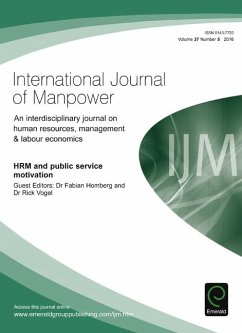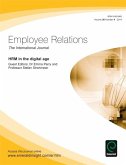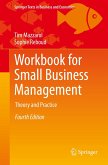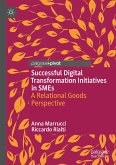Public Service Motivation (PSM) is defined as an "e;individual's predisposition to respond to motives grounded primarily or uniquely in public institutions and organizations"e; (Perry & Wise, 1990, p.368). The literature on PSM has grown considerably in the past two decades. However, the exchange with neighbouring disciplines such as human resource management (HRM) and organization studies has remained limited. In addition, the conceptual relationships between PSM and similar dispositions such as altruism, pro-social behaviour as well as intrinsic and extrinsic motivation remain underexplored, and similarities and differences between PSM and these related concepts are still being controversially discussed.Works from neighbouring disciplines such as organizational psychology and personnel economics have provided valuable insights into the antecedents and consequences of PSM with regard to HRM. Nonetheless, very few studies have actually investigated traditional HRM issues such as appraisals, (high performance) work practices or the role of PSM in the interplay of HRM with organizational systems. This situation is striking because scholars in both fields share an interest in similar and closely related concepts. This has led Ritz et al. (2016, p.422) to conclude: "e;Finally, the call for integrating public service motivation into human resource management practice is of foremost importance."e;This special issue is an important step to facilitate exchange between PSM and HRM research and to create stronger links between both fields. It follows and expands on a small track of PSM-related articles that previously appeared in the International Journal of Manpower. In the spirit of cross-fertilization, the compilation of papers in this special issue is thought-provoking for its readership, no matter whether readers consider themselves more rooted in the HRM domain or in the field of public administration.
Dieser Download kann aus rechtlichen Gründen nur mit Rechnungsadresse in A, B, BG, CY, CZ, D, DK, EW, E, FIN, F, GR, HR, H, IRL, I, LT, L, LR, M, NL, PL, P, R, S, SLO, SK ausgeliefert werden.









